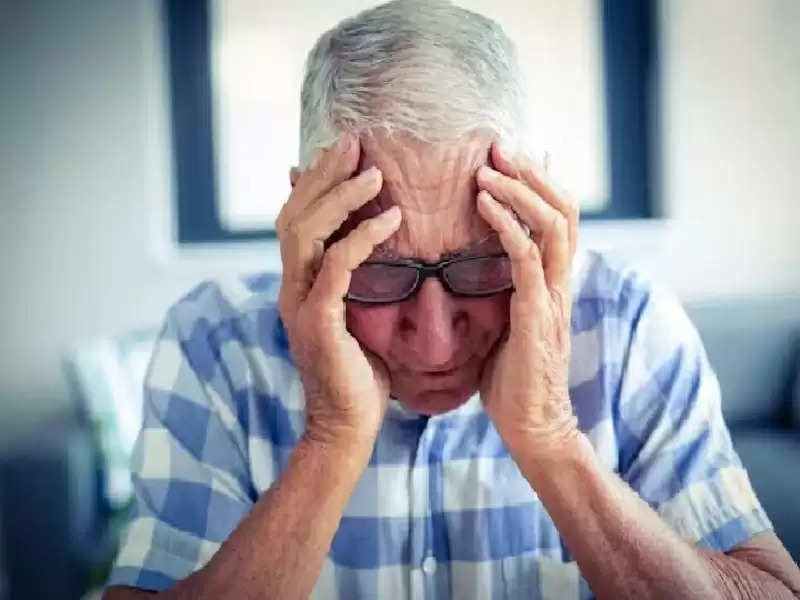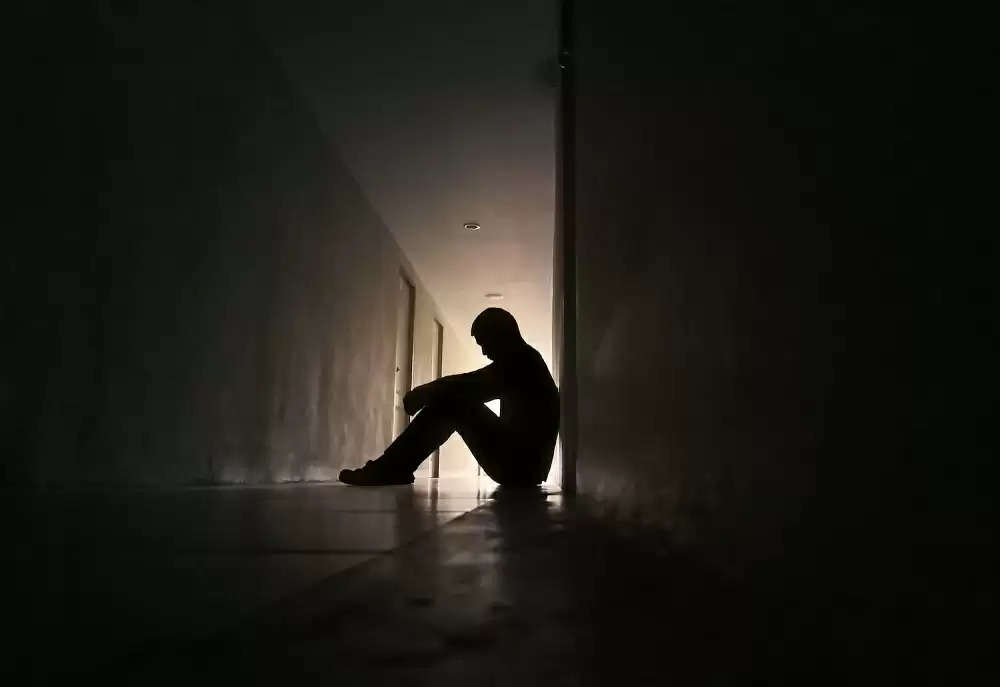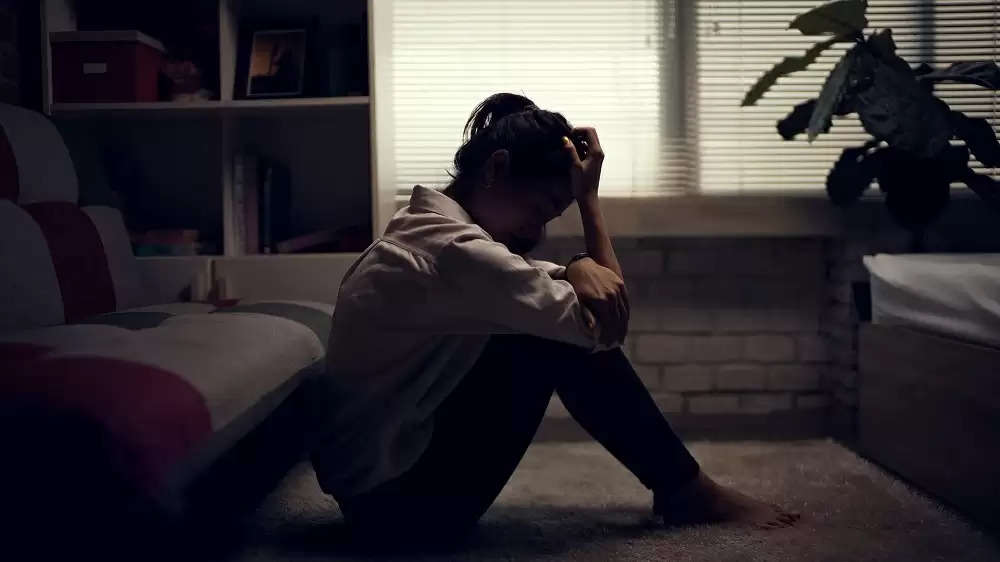Signs of Depression: Do elderly people in the house get irritable about everything? Identify in this way...

Signs of Depression: Tension is a common problem in the elderly, but going into depression is harmful to health. Studies show that most older adults feel engaged with their lives despite many medical illnesses or physical problems. Dr Prateek Bhardwaj, COO, of Vesta Eldercare says, “Depression, like many other ailments, manifests differently in the elderly. For example, an older person who is depressed may or may not feel depressed, but may complain of a lack of energy and link the symptoms to age, causing concern from family, doctors, and even It becomes difficult for older people to diagnose depression.

Identify signs of depression by these symptoms
Nervousness
Seniors who are depressed often feel unusually anxious and can never quite calm themselves down. This anxiety jolt can lead to other depression warning signs including insomnia, fatigue and social withdrawal.
Sleeplessness
Elderly people who are not getting enough sleep, waking up too early, or both are dealing with persistent depression. We've all experienced stressful nights when our worries kept us awake, when it's chronic, it's insomnia and for adults, it's a sign of something more serious.
Irritability
Ageing parents are entitled to be irritable, but if the senior's irritability persists and is out of character for them, it may be a sign of sadness or depression. Your loved one's mood swings may be the result of their reaction in pain or annoyance to a physical issue that you may not even be able to feel. Other times, seniors may experience major mood swings as a result of personal frustration with their evolving bodies and lifestyles.

Appetite changes
Loss of appetite can be a sign of depression in older people. They refuse to eat or do not feed (perhaps because they have isolated themselves from their mates). Constant overeating and weight gain can also be symptoms of depression.
 (1).png)